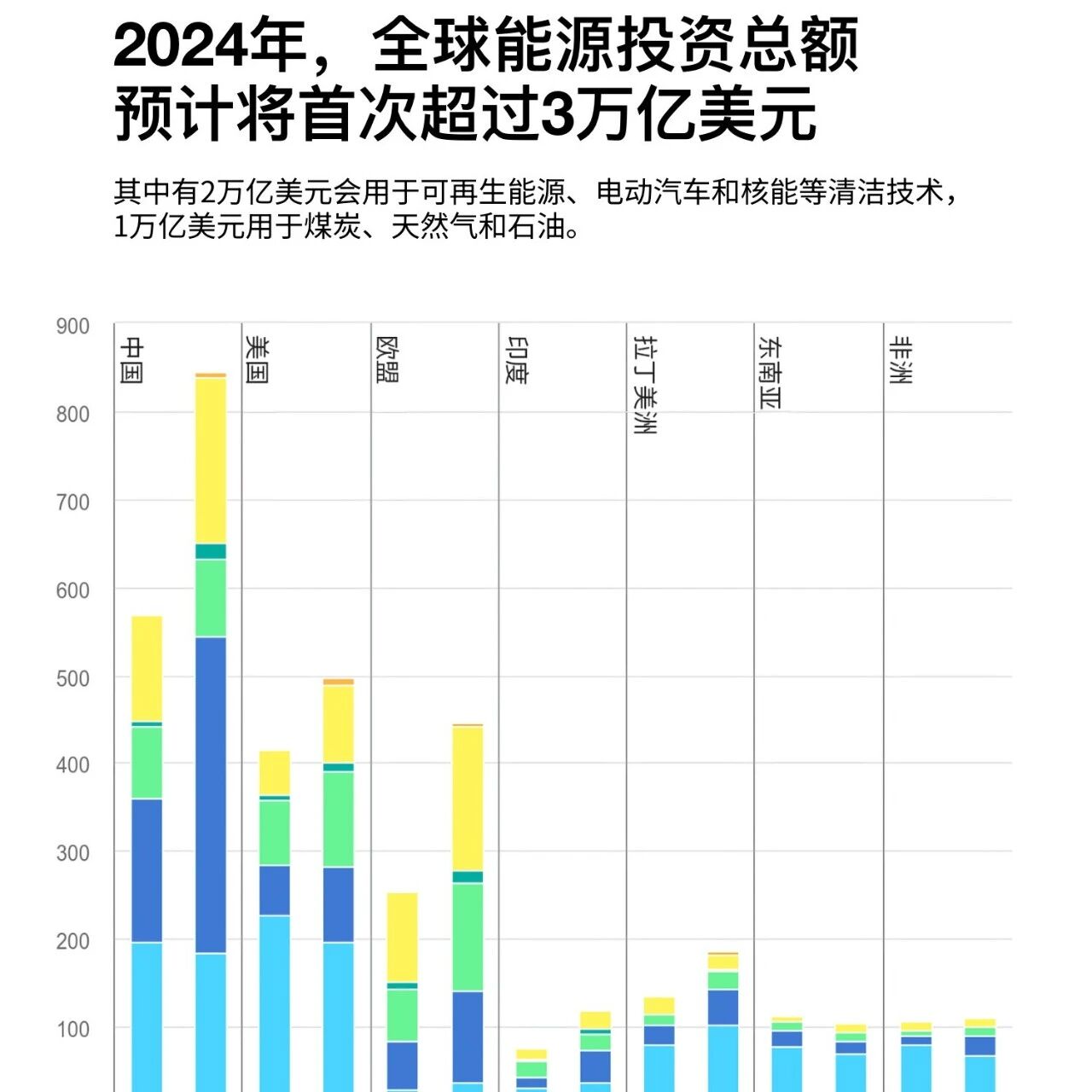

Women need to enjoy greater digital and financial inclusion.
Image source: Getty Images/iStockphoto
Tea Trumbic
Head of the World Bank's Women, Business, and the Law Initiative
Dhivya O’Connor
Chief Executive Officer of the Cherie Blair Women's Foundation
Women are driving economic growth in low- and middle-income countries, yet they continue to face systemic barriers, particularly digital exclusion.
Bridging the digital divide for women entrepreneurs is not only a moral responsibility but also a $5 trillion economic opportunity.
It is essential to implement policy measures and make investments that promote gender equality and unlock inclusive, sustainable economic growth.
Female entrepreneurs are found in low- and middle-income countries.LMIC) The key drivers of economic growth and poverty reduction.They own nearly half of the businesses in Latin America and the Caribbean (47%), 44% in East Asia and the Pacific, and 30% in Sub-Saharan Africa.Their company contributes to job creation and the country's gross domestic product (GDP).GDP) have made outstanding contributions. However, despite their ambition and resilience, female entrepreneurs still face systemic barriers that hinder their business success and slow down economic growth.
One of the biggest barriers is digital exclusion. Access to digital tools and services has become a critical factor for business success, yet women in low- and middle-income countries often face poor internet connectivity, insufficient digital literacy, unaffordable prices for mobile devices and data, as well as online gender-based violence.GBV) and other issues. If policymakers truly aim to unlock women's economic potential, they must invest in legal and policy reforms, strengthen digital infrastructure, and ensure cybersecurity for female entrepreneurs—crucial steps toward bridging this gap.
The Digital Divide: Addressing the Major Challenges Faced by Women Entrepreneurs
Cherie Blair Women's Foundation andIntuitThe company, in collaboration with the World Bank's Women, Business and the Law project, has released its latest report."Empowered or Disempowered? Female Entrepreneurs in the Digital Economy", the report highlights the stark reality of digital exclusion. Despite92%Female entrepreneurs from the low- and middle-income countries participating in the survey all own personal smartphones, but45%They are unable to maintain a stable internet connection due to high data costs and unreliable network access. Without consistent online connectivity, their ability to participate in digital marketplaces and leverage online tools such as social media, e-commerce, mobile payments, and artificial intelligence is severely limited.
The gender gap in mobile internet usage remains a major concern. Women in low- and middle-income countries are less likely to use mobile internet compared to men.15%This limits their access to e-commerce, digital payments, and essential business tools. Moreover, online harassment has exacerbated digital exclusion. The report found that57%The female entrepreneurs have faced some form of online harassment, which not only prevents them from fully engaging in digital spaces but also limits their economic opportunities.
How Legal and Regulatory Barriers Undermine Women Entrepreneurs
ReportIt was noted that expensive and complex business regulatory systems represent a significant barrier for nearly one in five female entrepreneurs in low- and middle-income countries, making it harder for them to formalize their businesses and scale up operations.
Another concerning trend is the harassment faced by women during formal business processes, such as obtaining business licenses or applying for loans. Compared to men, female entrepreneurs are more likely to encounter intimidation or discrimination in these situations, which discourages them from fully engaging in mainstream economic activities.
Legal and regulatory frameworks help to eliminate these barriers. However, gaps at the legislative and policy levels continue to put female entrepreneurs at a disadvantage worldwide. For instance, in some countries, women still need permission from a male family member to register a company;190Among the economies, there is96There is currently no legal prohibition against gender-based credit discrimination.
World Bank data also highlights a significant lack of government programs that provide female entrepreneurs with access to financing, training, mentorship, or opportunities for business expansion—resources essential for helping them launch and sustain their enterprises. If policymakers fail to address these critical gaps promptly, it could stifle the growth potential of millions of women-led businesses.
The Economic Reasons for Investing in Female Entrepreneurs
Bridging the gender gap in digital and financial inclusion is not only a moral responsibility but also an economic necessity. Research shows that increasing the number of female entrepreneurs can lead to:GDPSignificant growth. According to2019YearAn analysis by the Cherie Blair Women's Foundation and the Boston Consulting Group, if women and men can participate in entrepreneurship equally, globallyGDPWill grow5Trillions of dollars—roughly equivalent to the size of Japan's economy.
When women have access to digital tools, their businesses can thrive. The report found that female entrepreneurs with stable internet connections are significantly more likely to use AI tools.2.5This helps boost productivity and efficiency. For female entrepreneurs selling products to male customers, the likelihood of receiving digital payments is three times higher, highlighting the growing demand for secure and convenient financial transactions.
How policymakers can unlock women's potential
Whether in low- or middle-income countries, or high-income nations, policymakers must take decisive action to bridge the digital divide and create a supportive environment for women entrepreneurs. The following measures are essential:
1. Improve the legal and regulatory framework
- Abolish the law restricting women from registering businesses without the permission of their husbands or male guardians.
- Streamline the business registration process and reduce bureaucratic hurdles.
- Ensure women have equal access to financing, including microloans and grants tailored for female entrepreneurs.
2. Tackling Online Gender-Based Violence
- Strengthen legal protections against online harassment and ensure accountability.
- Strengthen regulation of social media platforms to prevent abusive practices.
- Enhance female entrepreneurs' awareness of digital and cybersecurity, and increase access to relevant training programs.
3. Expand digital infrastructure and reduce costs
- Invest in affordable internet access to expand publicWi-FiCoverage area.
- Develop funding plans for equipment and data traffic packages.
- Encourage telecom companies to strengthen connectivity in rural and underserved areas.
4. Investing in digital skills training
- Launch a nationwide digital literacy program aimed at female entrepreneurs.
- Conduct AI and e-commerce training to enhance business productivity.
- Providing mentorship guidance and networking opportunities to empower women in leveraging digital markets.
5. Strengthen public-private partnerships
- Encourage governments, tech companies, and NGOs to collaborate by funding and implementing digital inclusion initiatives.
- Offer tax incentives to companies that invest in women-led businesses.
- Collaborating with financial institutions to develop tailored financial products for female entrepreneurs.
Invest in equal opportunities to drive sustainable growth.
Female entrepreneurs in low- and middle-income countries have already demonstrated remarkable resilience and the ability to drive economic growth. However, without urgent action, the digital divide will continue to stifle their full potential. Policymakers must act now—not only to ensure gender equality but also to unlock the economic benefits of inclusive entrepreneurship.
By investing in digital infrastructure, legal reforms, financial inclusion, and cybersecurity, governments can unlock new opportunities for millions of women entrepreneurs. In a thriving digital economy, women will have the same opportunities as men—benefiting not only women themselves but also playing a critical role in driving global sustainable economic growth.

The above content represents the author's personal views only.This article is translated from the World Economic Forum's Agenda blog; the Chinese version is for reference purposes only.Feel free to share this in your WeChat Moments; please leave a comment at the end of the post or on our official account if you’d like to republish.
Translated by: Di Chenjing | Edited by: Wan Ruxin
The World Economic Forum is an independent and neutral platform dedicated to bringing together diverse perspectives to discuss critical global, regional, and industry-specific issues.
Follow us on Weibo, WeChat Video Accounts, Douyin, and Xiaohongshu!
"World Economic Forum"


